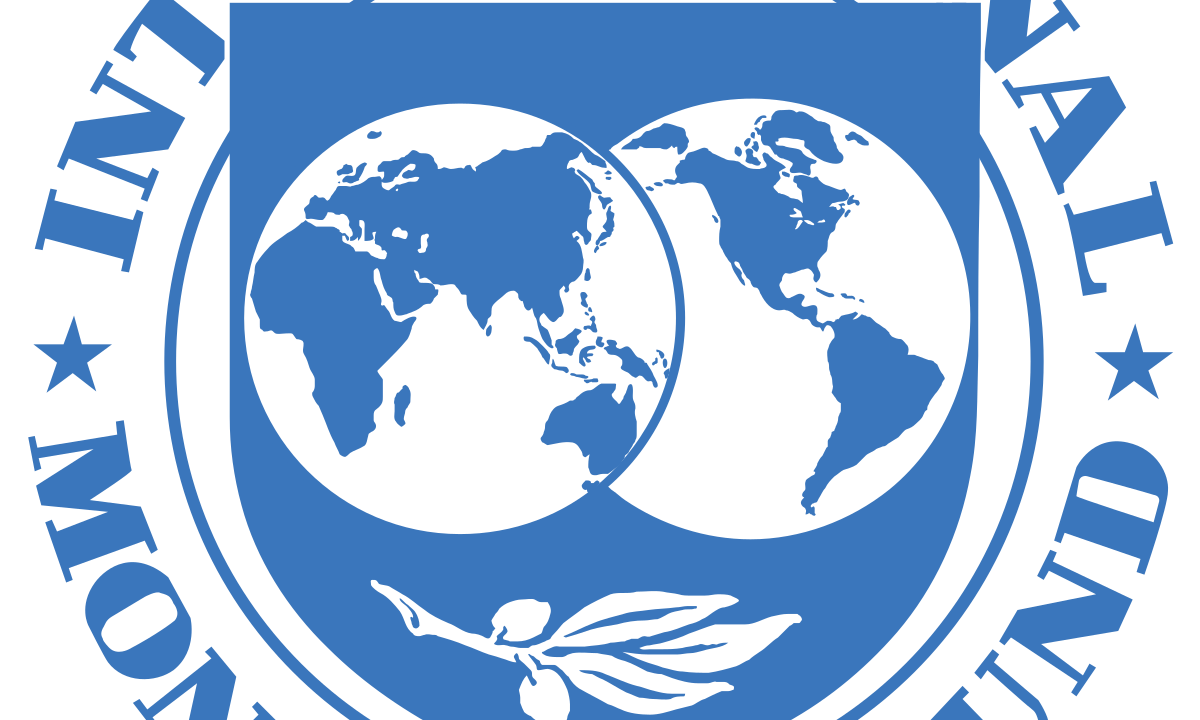В каталоге магазина в Москве представлен большой выбор одежды и снаряжения. [url=http://specodegdaoptom.ru/]магазин спецодежды рядом со мной[/url] Смотрите по ссылке -…

IMF Bailouts
The Extended Fund Facility (EFF) programme of the International Monetary Fund (IMF) has given its stamp of approval to a rescue proposal for Sri Lanka’s faltering economy that is worth 3 billion USD.
Also, it is in the process of negotiating with Pakistan for a rescue package of USD 1.1 billion in light of Pakistan’s severe economic crisis, which is characterised by a dropping currency and an increase in prices.
What exactly are bailouts from the IMF?
- Bailout: The provision of financial assistance to a business or nation that is facing the possibility of insolvency is what is meant by the word “bailout.”
- It is possible for it to come in the form of cash, loans, bonds, or stock acquisitions.
- While a bailout may (or may not) demand repayment, it is often accompanied by increased scrutiny and regulatory requirements.
- Bailouts from the IMF: Governments often turn to the IMF for assistance when their economies are confronted with a significant macroeconomic risk, most commonly a currency crisis (such as the ones Sri Lanka is facing).
- Governments turn to the International Monetary Fund (IMF) for help of this kind in order to settle their external debt and other commitments, to make vital import purchases, and to maintain the value of their currencies on the exchange market.
How Does an International Monetary Fund Bailout Work?
- The International Monetary Fund (IMF) provides financial assistance to economies that are struggling, most often in the form of Special Drawing Rights (SDRs).
- The dollar, the euro, the Chinese yuan, the Japanese yen, and the British pound are the five currencies that make up the SDR basket. The SDR is a simple representation of this group of currencies.
- This lending is accomplished via the use of a variety of loan programmes including stand-by agreements, extended credit facilities, flexible credit lines, and so on.
- The SDRs that are provided to the countries who are being bailed out may be put to a variety of uses, depending on that countries’ specific situations.
- To qualify for loans from the International Monetary Fund (IMF), a nation may be required to sign an agreement stating that it would carry out certain structural changes.
The Arguments Against Lending Conditions:
Considered to be excessively demanding on the general population Often accused of being swayed by political considerations on a global scale The International Monetary Fund (IMF) has been criticised by proponents of free markets for being excessively interventionist.
An exclamation: Conditions are key for effective financing; it may not make sense for the IMF to dump money at a nation if its flawed policies that triggered the crisis remain unaltered.
It is most probable that the bailout money will be misappropriated in nations with weak institutional functioning and significant levels of corruption.